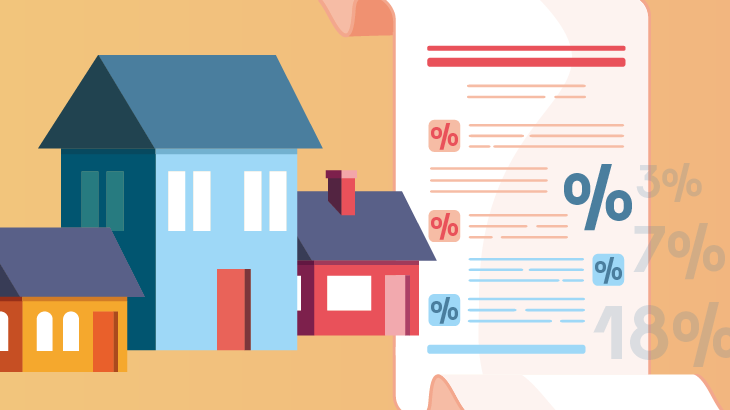
The most recent
Abstract
We evaluate the effectiveness of consumer debt moratoria, one of the earliest policy interventions aimed at alleviating debt burdens. Using administrative data from Colombia, our study compares households that narrowly qualified for the moratorium (eligible up to 60 days overdue on their mortgages) against those who narrowly missed eligibility. Our analysis indicates that the moratorium policy boosts consumption among financially strained households while reducing delinquency rates on mortgages and other loans. We then develop a life-cycle incomplete market model, incorporating households subject to idiosyncratic income shocks, to examine both the general equilibrium and longrun effects of the policy. Our model shows that the policy increases aggregate output, consumption, and welfare for both households and bank owners. The policy also facilitates financial stability by attenuating the decline in house prices and increasing aggregate housing demand. Finally, we use our model to explore potential outcomes of debt forgiveness.

 Yasin Kursat Ondere,
Yasin Kursat Ondere, 